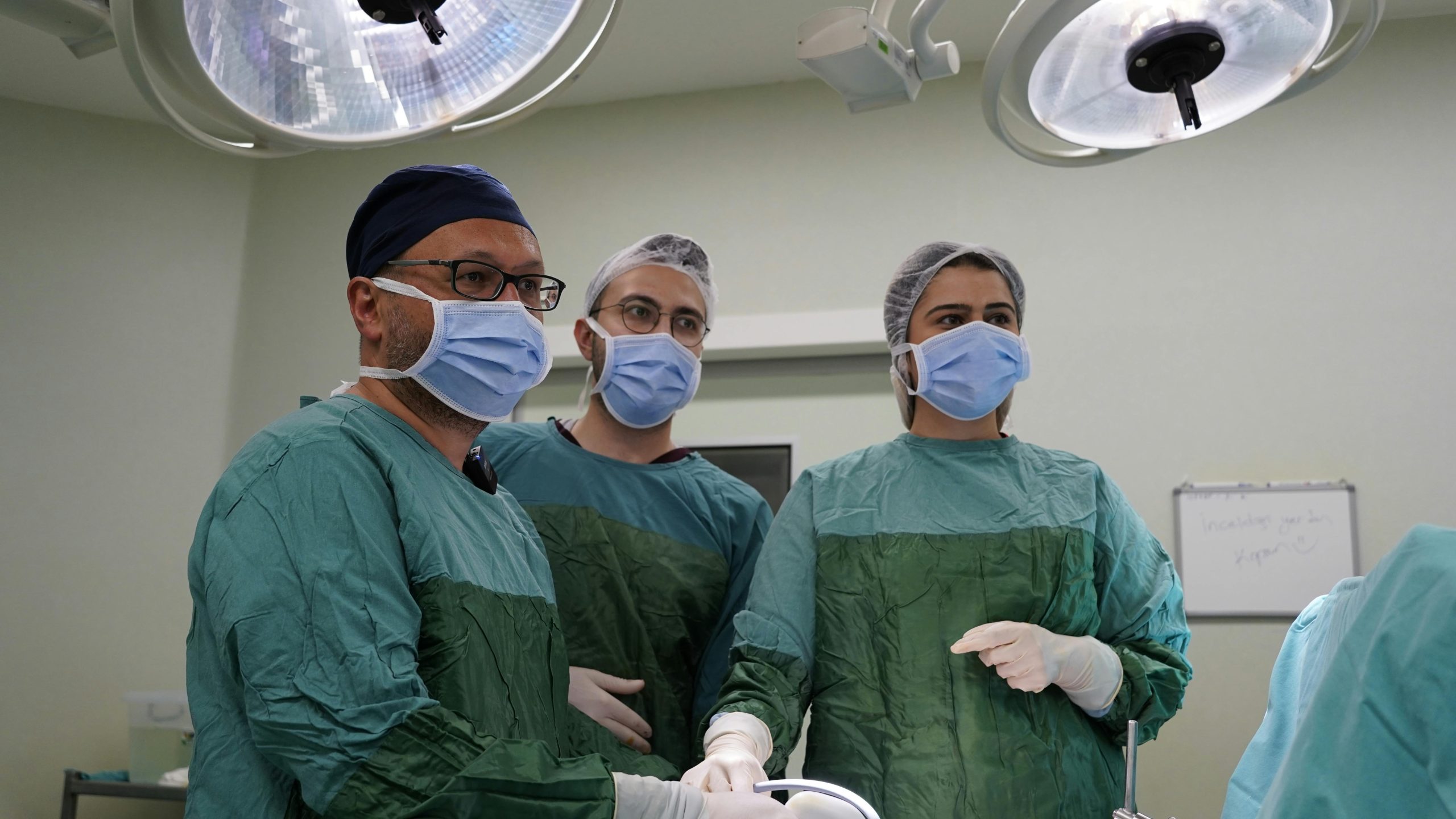
2024-09-11 / News
A recent study from the Medical University of Graz, Austria, has revealed that regular interprofessional in situ simulation training can significantly reduce latent safety threats (LSTs) in neonatal emergencies. Conducted over nearly eight years, this research underscores the importance of immersive, on-site training in improving patient safety by identifying and addressing previously unrecognised risks.
The study involved 13 simulation training sessions at the Department of Gynaecology and Obstetrics at the Medical University of Graz, Austria. The training targeted a range of healthcare professionals, including anaesthesiologists, obstetricians, and nurses, focusing on identifying LSTs, i.e.system-based threats to patient safety. A total of 67 LSTs were identified, primarily related to equipment (62.7%), followed by resource/system (20.9%) and medication (16.4%). Remarkably, 91% of these threats were rectified by the next training session. The study found a significant negative correlation between the number of training sessions and the frequency of identified LSTs, indicating a sustained decrease in safety threats over time.
The findings underscore the positive impact of simulation training on patient safety. By simulating real-life scenarios, healthcare teams can practice critical skills such as airway management and emergency drug administration, leading to improved teamwork and communication. Given the high stakes in neonatal care, the ability to quickly identify and address safety threats is crucial. The training sessions effectively prepared healthcare teams for emergencies, enhancing their readiness and response capabilities.
While the study demonstrated significant improvements, it acknowledged limitations, such as not assessing the direct impact of training on clinical outcomes. Future research could focus on evaluating patient-related parameters to provide a more comprehensive understanding of the benefits of simulation training.
The study highlights the effectiveness of regular in situ simulation training in neonatal care. By fostering a culture of continuous improvement, healthcare teams can significantly reduce safety threats and enhance patient outcomes, paving the way for safer healthcare practices.
Paper available at: BMJ Open Quality
Full list of authors: Lukas Peter Mileder,Bernhard Schwaberger, Nariae Baik-Schneditz, Mirjam Ribitsch, Jasmin Pansy, Wolfgang Raith, Angelika Rohrleitner, Günter Mesaric, Berndt Urlesberger
You are currently viewing a placeholder content from Facebook. To access the actual content, click the button below. Please note that doing so will share data with third-party providers.
More InformationYou are currently viewing a placeholder content from Instagram. To access the actual content, click the button below. Please note that doing so will share data with third-party providers.
More InformationYou are currently viewing a placeholder content from X. To access the actual content, click the button below. Please note that doing so will share data with third-party providers.
More Information